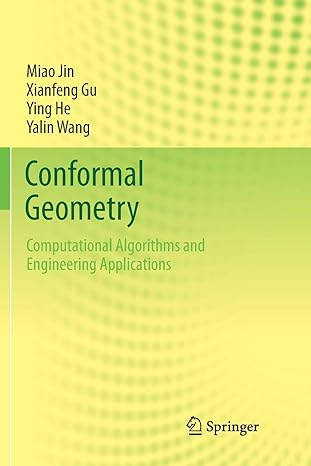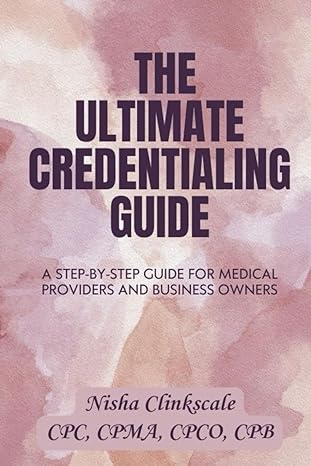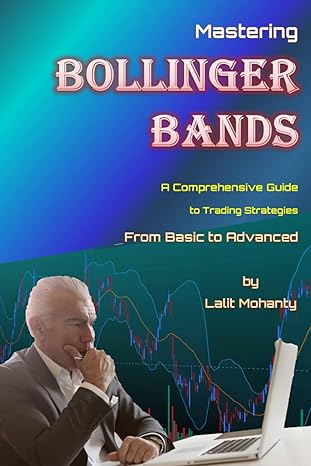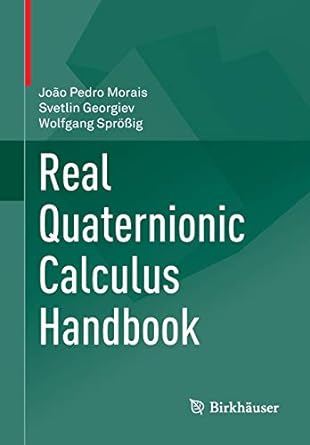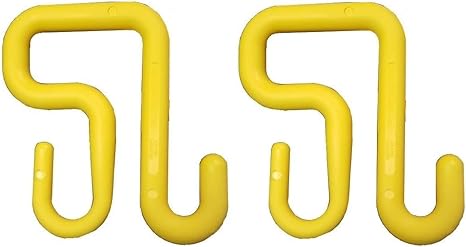Go back

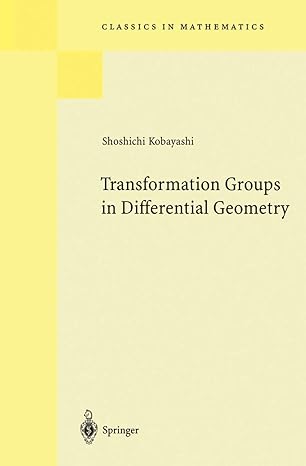
Transformation Groups In Differential Geometry(1st Edition)
Authors:
Shoshichi Kobayashi

Cover Type:Hardcover
Condition:Used
In Stock
Shipment time
Expected shipping within 2 DaysPopular items with books
Access to 30 Million+ solutions
Free ✝
Ask 50 Questions from expert
AI-Powered Answers
✝ 7 days-trial
Total Price:
$0
List Price: $30.04
Savings: $30.04(100%)
Solution Manual Includes
Access to 30 Million+ solutions
Ask 50 Questions from expert
AI-Powered Answers
24/7 Tutor Help
Detailed solutions for Transformation Groups In Differential Geometry
Price:
$9.99
/month
Book details
ISBN: 3540586598, 978-3540586593
Book publisher: Springer
Get your hands on the best-selling book Transformation Groups In Differential Geometry 1st Edition for free. Feed your curiosity and let your imagination soar with the best stories coming out to you without hefty price tags. Browse SolutionInn to discover a treasure trove of fiction and non-fiction books where every page leads the reader to an undiscovered world. Start your literary adventure right away and also enjoy free shipping of these complimentary books to your door.
Book Summary: Given a mathematical structure, one of the basic associated mathematical objects is its automorphism group. The object of this book is to give a biased account of automorphism groups of differential geometric struc tures. All geometric structures are not created equal; some are creations of ~ods while others are products of lesser human minds. Amongst the former, Riemannian and complex structures stand out for their beauty and wealth. A major portion of this book is therefore devoted to these two structures. Chapter I describes a general theory of automorphisms of geometric structures with emphasis on the question of when the automorphism group can be given a Lie group structure. Basic theorems in this regard are presented in §§ 3, 4 and 5. The concept of G-structure or that of pseudo-group structure enables us to treat most of the interesting geo metric structures in a unified manner. In § 8, we sketch the relationship between the two concepts. Chapter I is so arranged that the reader who is primarily interested in Riemannian, complex, conformal and projective structures can skip §§ 5, 6, 7 and 8. This chapter is partly based on lec tures I gave in Tokyo and Berkeley in 1965.
Customers also bought these books
Frequently Bought Together
Top Reviews for Books
Muna M
( 5 )
"Delivery was considerably fast, and the book I received was in a good condition."


